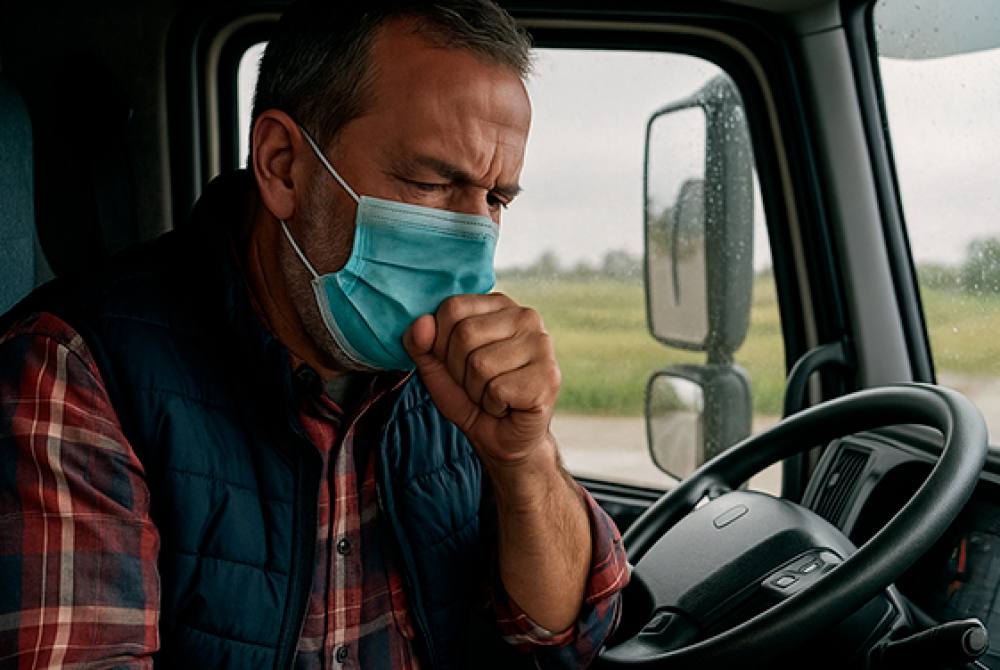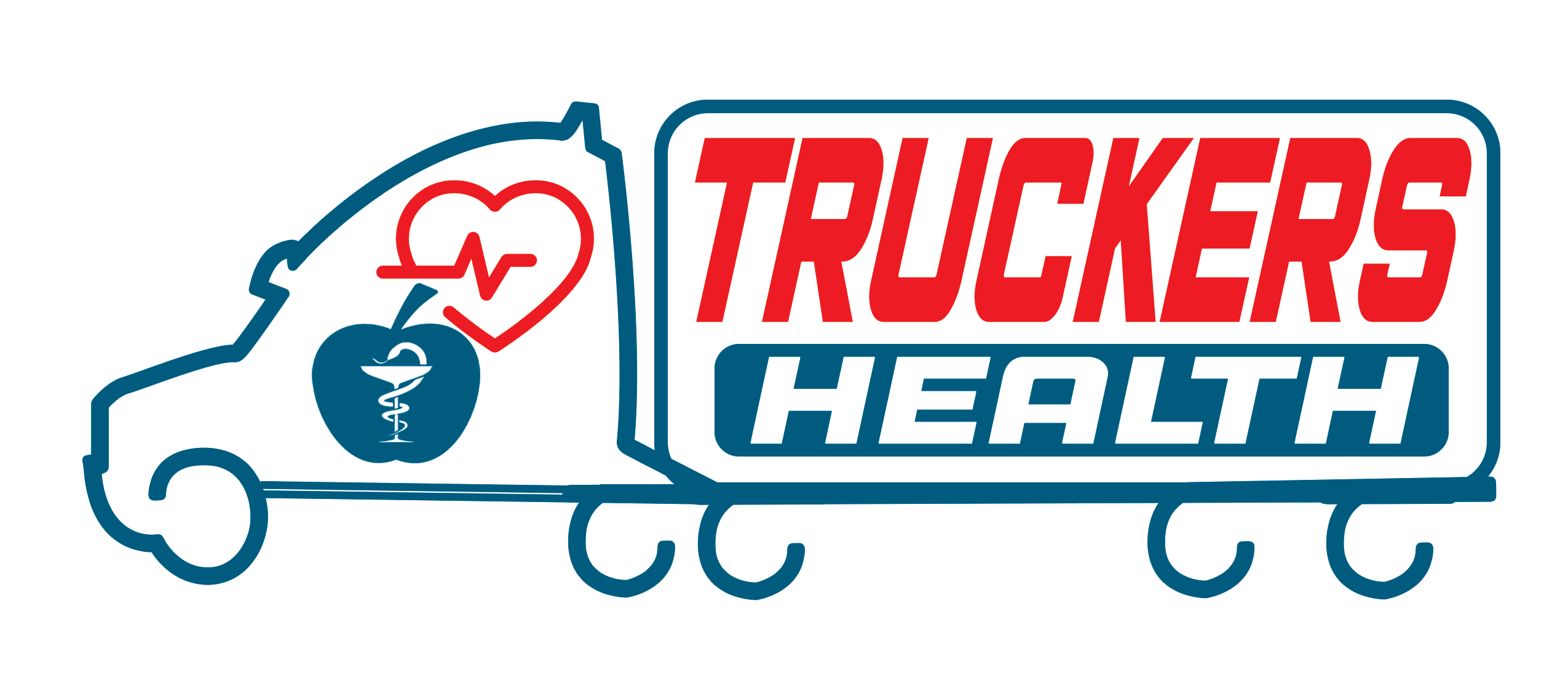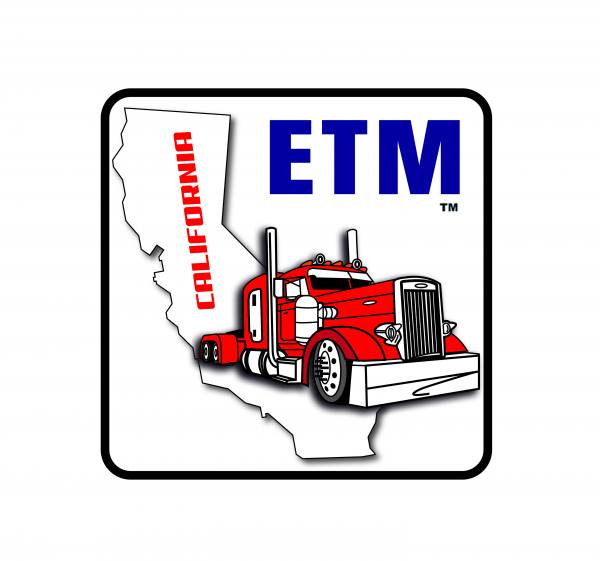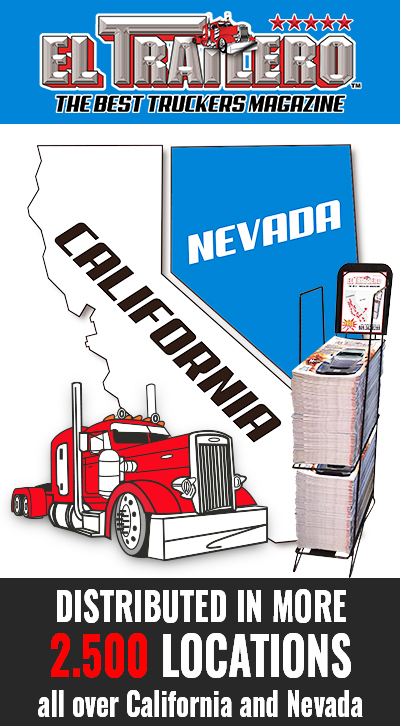 |
|
 |
Get our FREE |


For most professional drivers, respiratory health isn´t high on the priority list. Yet, spending long hours in a closed vehicle—exposed to dust, fumes, poorly maintained A/C systems, or sudden temperature changes—can create the perfect environment for developing serious respiratory illnesses.
According to Cal/OSHA (California Division of Occupational Safety and Health), employers are required to provide working conditions free from recognized health hazards, including airborne pollutants like dust, mold, chemical vapors, or viruses.
Top Health Risks Inside the Cab
Truck drivers may be at risk of:
Recommended Prevention Measures
What the Law Says
Cal/OSHA (Title 8, California Code of Regulations) mandates corrective measures when known respiratory hazards are present.
The Federal OSHA Act (29 CFR 1910) requires protection from biological hazards—rules that also apply to transport workers.
FMCSA regulations demand that drivers maintain good physical and mental health, including proper respiratory function.
Protecting your lungs means protecting your job. A clean cabin, fresh air, and timely medical attention could be the difference between another day on the road—or an unexpected medical leave.
Every October, the Commercial Vehicle Safety Alliance (CVSA) teams up with the California Highway Patrol (CHP) to conduc...
read more...Long hours behind the wheel, the loneliness of the open road, and overnight stops at remote truck stops can push many dr...
read more...The Federal Motor Carrier Safety Administration (FMCSA) has announced two pilot programs aimed at exploring more flexibi...
read more...The California Air Resources Board (CARB) has approved a set of emergency regulations to maintain certainty in the new-v...
read more...

